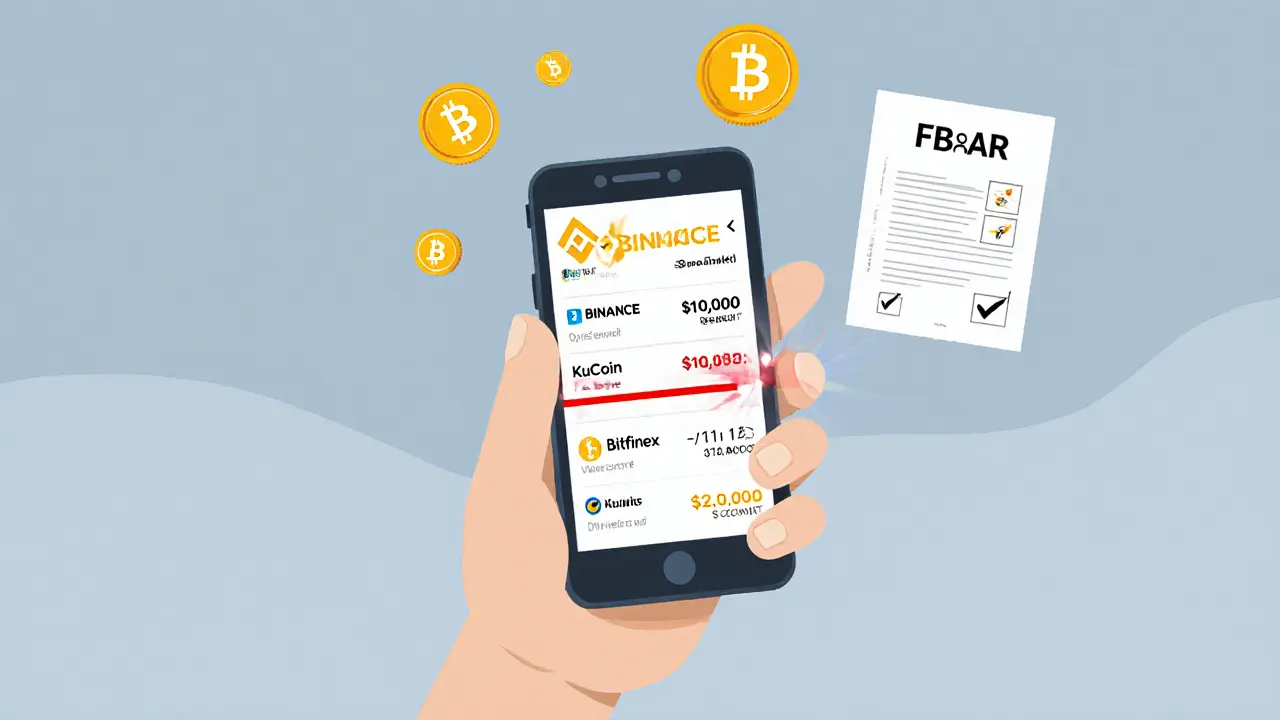Cryptocurrency Tax Reporting: What You Need to Know to Stay Legal
When you trade, sell, or even spend cryptocurrency, a digital asset recorded on a blockchain that can be exchanged for goods, services, or other currencies. Also known as crypto, it behaves like property in the eyes of tax authorities, not cash. That means every time you swap Bitcoin for Ethereum, cash out Litecoin, or buy coffee with Dogecoin, you might owe taxes. Many people think if it’s digital, it’s invisible—but tax agencies are catching up fast. In 2024, the IRS, HMRC, and over 80 other governments started demanding detailed records of every crypto transaction.
Getting this right isn’t about avoiding taxes—it’s about avoiding fines. In Thailand, you can skip taxes on crypto trades until 2029, but only if you use licensed exchanges. In India, you pay 30% on gains plus 1% TDS on every trade, and you must keep records for seven years. Nepal? You could go to prison for large transactions. These aren’t hypotheticals—they’re real rules affecting real people. Crypto tax reporting, the process of documenting and submitting cryptocurrency transactions to tax authorities. Also known as crypto tax filing, it’s not just about filling out forms—it’s about proving you didn’t hide income. You need to track buy prices, sell prices, dates, fees, and even wallet addresses. Tools like Koinly or CoinTracker help, but they’re only as good as your data. If you didn’t record your 2021 trades, you’re guessing—and guessing wrong could cost you thousands.
Some think airdrops or staking rewards are free money. They’re not. The moment you receive them, they become taxable income based on their value in USD at that exact time. If you got 100 MCASH tokens worth $5 each in 2023, you owe tax on $500—even if you never sold them. And if you traded on an unregulated platform like Zeddex or Darkex? You still owe taxes. The IRS doesn’t care if the exchange doesn’t report to them. You do.
What you’ll find below are real stories from people who got it right—and those who didn’t. From Thailand’s 5-year exemption loophole to how Pakistanis bypass banking limits without getting audited, these posts show you how tax rules play out on the ground. You’ll see why a fake airdrop like THN or KCCPAD can’t be claimed as income (because it never existed), and how liquidity mining on Curve or Arbitrum triggers taxable events. This isn’t theory. It’s what’s happening now. Read these to protect yourself before the next tax season hits.
FBAR Requirements for Crypto Accounts Over $10,000 in 2025
Understand FBAR rules for cryptocurrency accounts over $10,000 in 2025. Learn when you must file, how to calculate your balance, and whether to file even if the law doesn't require it.
Details +